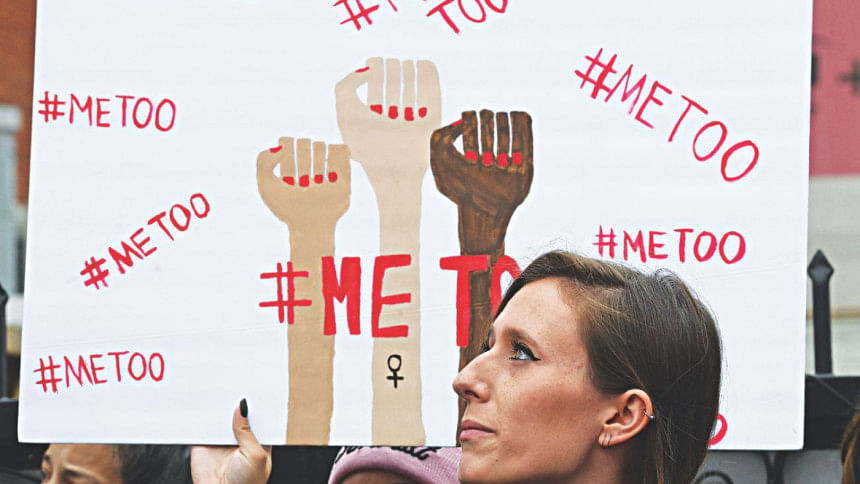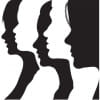Attaining gender equality is everyone's responsibility

Today is International Women's Day, a day to celebrate how far we have come in our journey towards gender equality. It is also an opportunity to take stock of how much more we need to do for a Planet 50-50 by 2030, where no woman or girl will suffer from gender-based discrimination and violence—a commitment that we made when UN Member States adopted the Sustainable Development Goals (SDGs) in 2016.
The Government of Bangladesh has immensely advanced gender equality and empowerment of women. Bangladesh is now at the forefront amongst South Asian countries for closing the gender gap, according to the World Economic Forum's Gender Gap Report. Girls' education attainment has dramatically improved because education is free for girls until university level. Women occupy 20 percent of the seats in the national parliament compared to 10 per cent in 1990, thanks to temporary special measures that reserved a certain number of seats for women. Maternal mortality has dropped and women's abilities to engage in family planning has improved, contributing to women's overall empowerment. Furthermore, many pro-women policies and laws have been adopted in the past decade, from the Women Development Policy of 2010, the Domestic Violence Prevention and Protection Act, to the Digital Bangladesh initiative that gives women the opportunity to become digital entrepreneurs. We are on the right path towards achieving SDG 5 for gender equality and empowerment of all women and girls.
Yet today, still more than a billion women around the world lack legal protection against domestic sexual violence. In Bangladesh, one out of three women and girls who are not married suffer physical or sexual violence according to a 2015 government survey. And even more suffer from other forms of gender-based violence, including child marriage, emotional abuse, or not being allowed to attend school or work. The global gender pay gap is 23 percent, rising to 40 percent in rural areas. In the case of Bangladesh, women earn only about 57 percent of what their male counterparts earn for the same type of work.
There still is a long journey ahead. But as we have seen from the #MeToo movement around the globe, women are no longer accepting to be side-lined. Women are calling for equality, safety and justice, for opportunity and accountability. Women are requesting lasting change and zero tolerance for sexual assault, harassment, and discrimination of all kinds.
Having laws and policies in place is a start, but we also need them to be implemented consistently. The recent conviction of the men who brutally raped and murdered Rupa last year, and the speed with which the case was handled is an encouraging sign. Going forward, all women should benefit from the same justice. We need more capacity building of law enforcement and judicial actors so that victims are taken seriously and supported rather than questioned or blamed for their actions. We need adequate resources for legal aid and comprehensive coordinated services that are accessible to victims of violence throughout the country so that more victims can receive emotional and legal assistance. Within the UN, we are committed to zero tolerance for any kind of violence or discrimination. We follow our Secretary General in committing that we will not tolerate sexual harassment "anytime, anywhere" within the United Nations and in our initiatives.
Together we also need to invest in changing mindsets and societal attitudes towards women and girls. Gender discriminatory social norms and attitudes are at the root of violence against women. They also limit life choices available to women and girls around education, marriage, jobs and control over their reproductive health and their bodies. Change must happen through curricula at schools, teachers, families, the community, and through engaging boys in conversations on gender equality.
We also need male policymakers and corporate leaders to take a stand and become #HeForShe Champions: men who challenge sexism, male dominance and male privilege as the norms in politics, the corporate world and society at large. We need men who dare to model new, positive masculinities from the top. We need more men and boys who are ready to call out their peers for unacceptable behaviours.
The time is now and we must all act—whether you are from the government, civil society or the private sector. Gender equality is a human right and our joint responsibility to uphold.
Mia Seppo is UN Resident Coordinator, Shoko Ishikawa is Country Representative, UN Women, and Iori Kato is Deputy Representative, UNFPA Bangladesh.










Comments